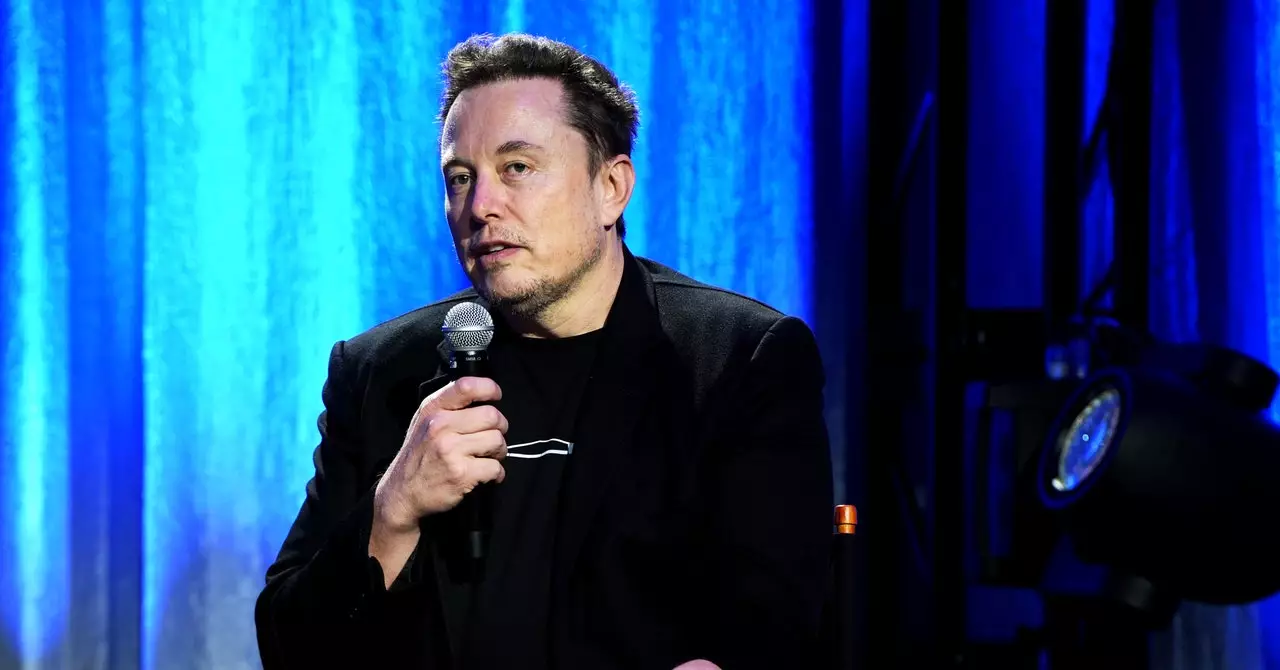Elon Musk’s reign over Twitter has faced a significant setback as X, the parent company of Twitter, has been blocked in Brazil, resulting in over 40 million users losing access to the platform. This move comes after an ongoing conflict between Musk and Brazil’s Superior Electoral Court (TSE), which issued take down orders on content deemed to be a threat to the integrity of the country’s elections. Despite warnings and orders from the court, Musk and X refused to comply, allowing accounts accused of spreading hate speech and disinformation to continue operating on the platform. This ultimately led to the ban on X in Brazil, a decision that has had far-reaching consequences.
The repercussions of Brazil’s decision extended beyond just X, as the court also froze the assets of Musk’s other company, Starlink, citing its affiliation with X under the same “economic group.” Starlink initially provided a workaround for its customers, enabling over 250,000 users to bypass the X ban using its satellite internet connection. However, following pressure, Starlink eventually agreed to comply with the regulations. This move highlighted the interconnected nature of Musk’s ventures and the impact they can have on each other in the face of regulatory challenges.
Despite the escalating conflict with the Brazilian Superior Electoral Court, Musk continued to antagonize the court through his online behavior. Public posts targeting the court and its officials, including AI-generated images implying incarceration and comparisons to fictional villains, exacerbated the situation. Analysts and experts have criticized Musk’s approach, suggesting that his confrontational tactics may have backfired, especially considering the lack of public support for his defiance in Brazil. This defiance has not only resulted in the blocking of X in a significant market but has also strained Musk’s relationship with regulatory authorities and institutions.
Since Musk took over Twitter less than two years ago, the platform has faced numerous challenges, particularly in complying with regulatory requirements in different markets. The conflict with the Brazilian court is just one instance where Musk’s approach to free speech and content moderation has clashed with local regulations and norms. The promise of “free speech absolutism” made by Musk during his takeover has led to a proliferation of hateful and misleading content on the platform, raising concerns about the platform’s impact on public discourse and societal well-being.
The situation in Brazil serves as a warning sign for tech companies and their leaders about the importance of understanding and respecting local regulations and norms. Musk’s experience with Twitter highlights the complexities of managing a global platform and the need for a nuanced approach to content moderation and user engagement. Moving forward, it will be crucial for Musk and other tech leaders to engage constructively with regulatory authorities, prioritize user safety and well-being, and uphold the integrity of democratic processes in the countries where they operate.Failure to do so could lead to further setbacks and conflicts, jeopardizing the long-term sustainability and success of their platforms.


Leave a Reply